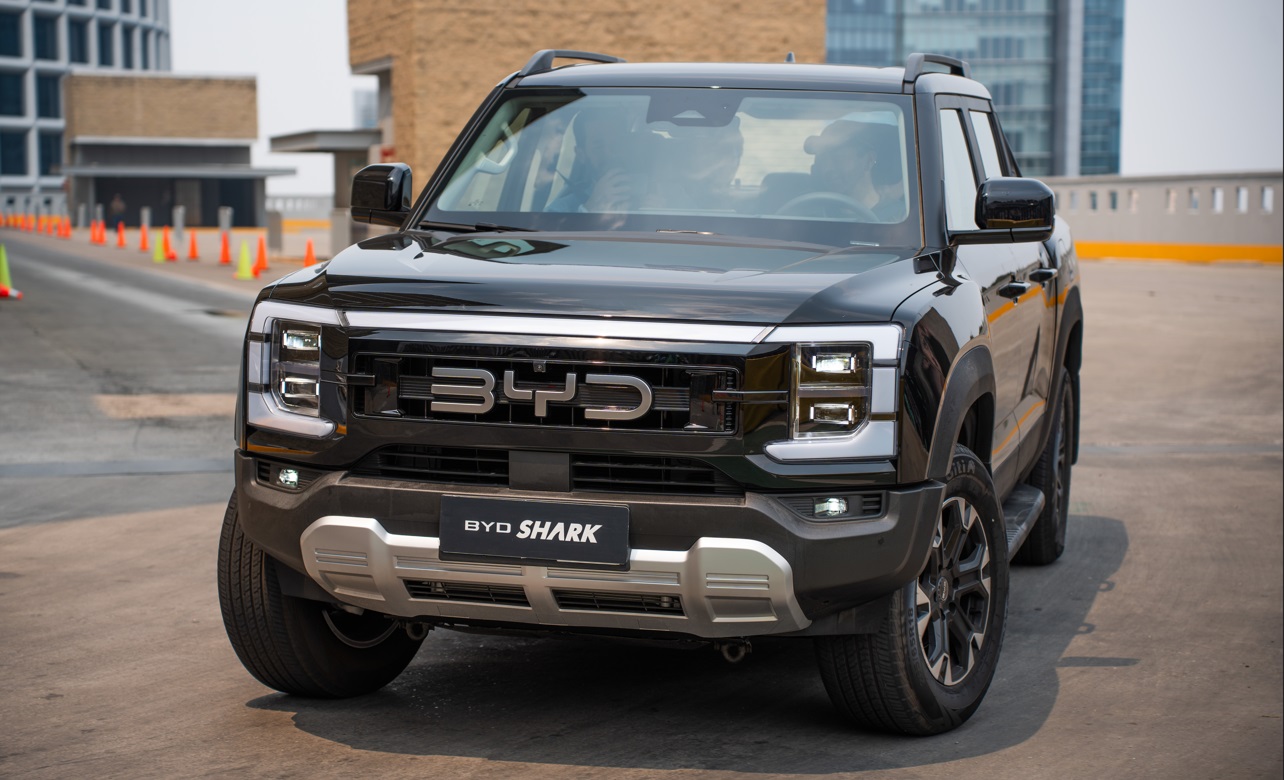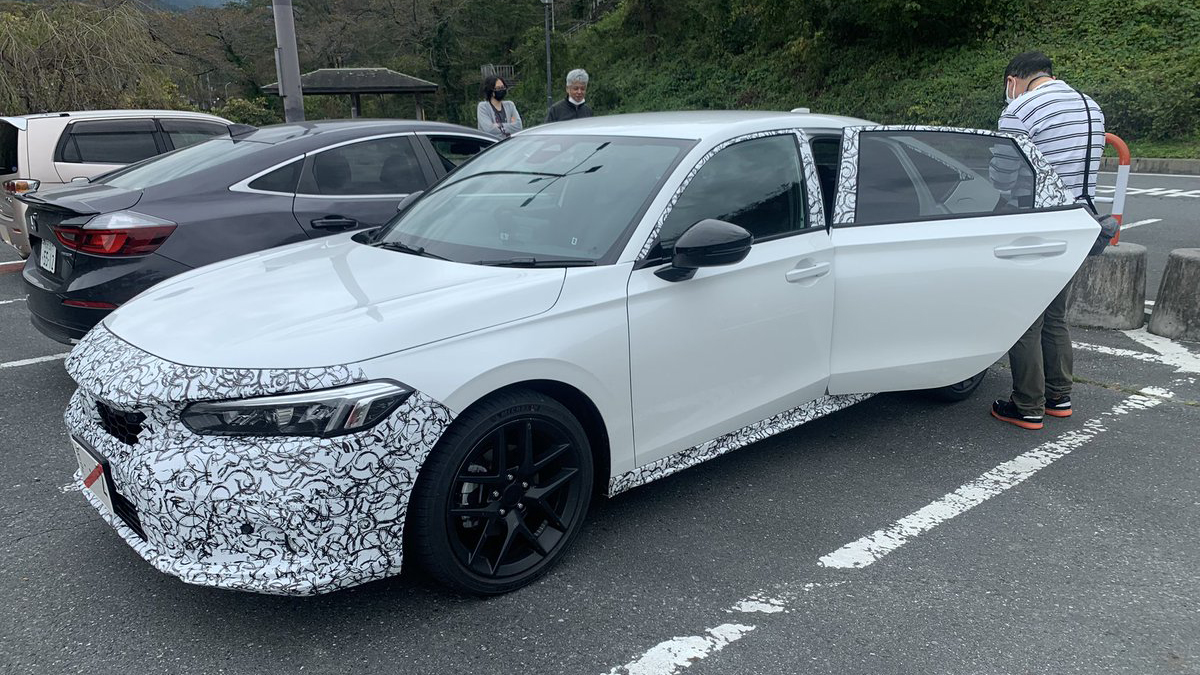The idea of a carbon-free automobile fleet is not new in Brazil. Since the government’s Proálcool program and the Gurgel prototype—the country’s first electric car, produced in the 1980s—Brazil has tried to be on the forefront of cleaner and more efficient transportation alternatives. Now, supported by new technologies, Brazilian startups have decided to turn the dream into reality. However, some of the old obstacles—such as taxes and lack of structure—still pose a challenge.
Mobilis is one of these companies. The startup founded in Santa Catarina in 2013 needed just BRL 600,000 to produce Li, its electric vehicle propelled by a Lithium battery. The car’s minimum viable product (MVP) is reminiscent of a hi-tech golf cart: it has no doors, an aluminum chassis, and lots of integrated tech systems.
The two-seater vehicle can hold up to 450 kilos and, depending on the battery’s power, it can travel 100 kilometers on one full charge.
According to Mahatma Marostica, a mechanical engineer and Mobilis co-founder, it was only possible to produce a line of vehicles at such a low cost due to new and cheaper technologies.
“You don’t need to invest in a huge factory to produce motors like carmakers used to. The car is assembled almost like a Lego model nowadays. Before you needed about 5,000 pieces to build a power train, now you only need 600; with 3D printing, you don’t have to buy an expensive injection mold to produce a plastic piece. We saw this conjunction of factors as an opportunity,” he told The Brazilian Report.
Mobilis’ next frontier is bringing Li to urban areas—it currently operates only in closed spaces, such as industries and luxury condominiums. The new model is under a confirmation process, and it will have more features such as doors, airbags, and an anti-lock braking system. The company expects to sell it for urban use by 2020. A funding round—in which Mobilis hopes to raise up to BRL 15 million in investments—is set to help on financing it and expanding installations.
Hitech Electric, a startup founded in 2016 by experienced Formula 3 engineer Rodrigo Contin, has also followed a similar path, though their models are actually assembled in China and polished in Brazil with technology and optional features, such as solar panels. According to the company’s PR representative Mateus Renosto, Hitech Electric started selling its electric vehicles for closed-space use only, and they are now they are allowed to drive on public roads with a maximum speed of 70 km per hour. So far, 2019 sales have increased 150 percent in comparison to the first half of 2018, according to the company.
“Companies are buying our products for two reasons: they want to use the cars as a marketing strategy, positioning themselves as eco-friendly and innovative, and saving money with maintenance and fuel,” he told The Brazilian Report, adding that their e.coTech2 model can travel 100 km with a cost of BRL 4.50 (considering fees in Paraná state).
Hitech currently sells two models: eco.Tech2 and eco.Tech4, as well as two mini trucks, e.coTruck, and e.coCargo. Mr. Renosto explains that importing from China came as a cost-efficient decision, but the company is studying the possibilities of producing vehicles in Brazil. It also works in partnership with Positivo Tecnologia, one of its investors, in R&D for an autonomous car targeting the B2B market.
The market which awaits them is expanding. According to Anfavea, Brazil’s carmakers’ association, the sales of electric and hybrid vehicles have grown 5 percent in 2019 up to May, after an expressive 20.4 percent growth in 2018.
However, electric and hybrid vehicles represent only 0.2 percent of the cars on Brazil’s roads, while they already reach 2.2 percent worldwide, according to numbers by The Electric Vehicle World Sales Database, provided by EV Consulting.
The market is currently expanding faster in countries where electric cars became subject to state policy—such as China, where the government has determined that 20 percent of the country’s total fleet should be electric or use alternative fuels by 2025. In Norway, the first country in the world to sell more electric vehicles than traditional ones, the government gives offers incentives to drivers of electric cars, such as lower import taxes, less bureaucracy or toll exemptions. The parliament also approved a law to make every new Norwegian car electric by 2025.
Roadblocks for a Brazilian electric car
Some of the problems for the global adoption of electric vehicles remain the same faced by the first models ever produced about a century ago, such as battery life and the maximum speed the vehicles can achieve. Also, the time needed to fully charge the battery—hours, in most cases—is still seen as unappealing for the average consumer. To improve that, capital consuming R&D investments are required. And that’s why electric cars are still more expensive than traditional vehicles.
But in Brazil, they are definitely luxury items. The main passenger electric/hybrid models available in the country cost at least BRL 150,000—and they are all made by international carmakers established in the country.
In addition to the overall challenges, the Brazilian market poses its own hardships. One of the industry’s most hard-fought battles is about taxes. Even though the automobile sector is known for earning large incentives, Mahatma Marostica warns that they do not benefit all companies equally.
Before Rota 2030, Brazil’s most recent incentive program for the automobile sector, electric vehicles were not included in the legislation, and, therefore, paid the highest bracket of manufactured goods tax: 25 percent. In spite of activists and industry members pushing for full exemptions, electric cars only earned a tax reduction. Now, they willpay something between 7 to 20 percent—depending on their size and energy efficiency—while other vehicles pay up to 25%. Meanwhile, since 2015, there has been no import tax on electric vehicles, which, according to Mr. Marostica, is damaging to the national industry.
“We just corrected an anomaly, which was an electric car paying more taxes than a combustion car. Which means that Brazil does not provide incentives yet,” he says, about Rota 2030. “It would be easier for me to assemble the car abroad, for example, in Paraguay, because the government made imports easier. The government looks only toward big carmakers, it does not see the local initiatives yet.”
But Hitech shows that even importing is not that easy. The company is suffering from the long time needed for imports—at least 90 days—and high foreign exchange rates. “It is easier to pass a tax exemption to the consumers than a reduction. We are still working with foreign exchange rates from two years ago and now the American dollar costs almost BRL 4, so we are covering this difference,” Mr. Renosto explains.
The operating part is another challenge. To produce a car, it is necessary to have an entire supply chain. Although Brazil does have a well-established auto parts industry, the high costs to try new technologies prevent companies from investing heavily in the necessary tools to produce equipment specific for electric cars, forcing companies to look for more expensive resources abroad, explains Mr. Marostica.
“Currently, 95 percent of our components are made in Brazil. But the five percent we buy abroad are related to battery cells and correspond to 35 percent of costs,” he said, adding that his main foreign suppliers are from China, Australia, and the U.S.
New trends
Although Mobilis and Hightec Electric models cost approximately half their foreign competitors’ price, both companies see new trends, such as Mobility-as-a-Service, as their biggest opportunity—instead of simply selling directly to consumers. Hitech Electric, for example, currently has renting programs for their vehicles.
“An electric car is more expensive, but it consumes seven times less. The more you use, the bigger the savings. If you sell to final consumers, they will use them less, but if you have a car sharing model, the payback is much faster,” says Mr. Marostica.







:strip_icc()/i.s3.glbimg.com/v1/AUTH_cf9d035bf26b4646b105bd958f32089d/internal_photos/bs/2021/A/S/7XD0ehSqmBFDxCv2Jusg/qc21-sdp-.jpg)


